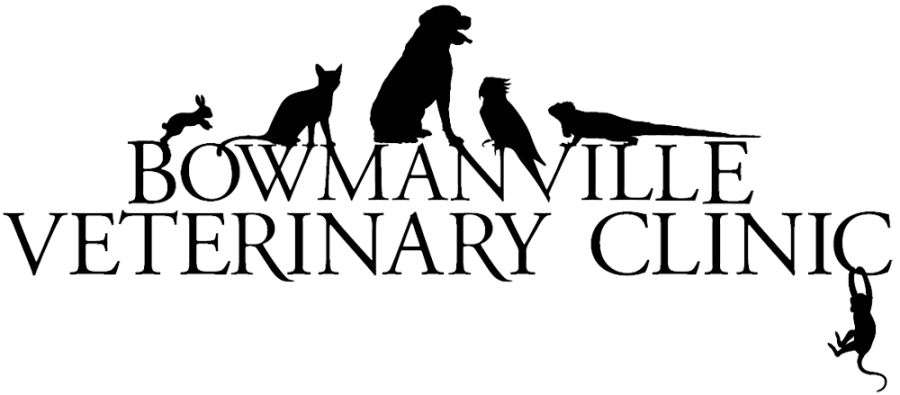A long-running mystery in the United States involving illness in dogs fed chicken jerky treats is receiving fresh attention in the wake of reports that canines in Canada are getting sick, as well.
Kristin McEvoy, a spokeswoman for the Canadian Veterinary Medical Association, said last week that the association in the past month received about a dozen reports of dogs that had eaten various brands of chicken jerky developing a kidney disorder mimicking the genetic disease Fanconi syndrome.
In this disorder the dog shows signs of vomiting and lethargy, with the unusual finding of sugar in the urine even though they are not diabetic. Their bloodwork shows signs of liver and potassium problems. Usually supportive care and discontinuing the treats is enough to treat the problem.
Kristin McEvoy, a spokeswoman for the Canadian Veterinary Medical Association, said last week that the association in the past month received about a dozen reports of dogs that had eaten various brands of chicken jerky developing a kidney disorder mimicking the genetic disease Fanconi syndrome.
In this disorder the dog shows signs of vomiting and lethargy, with the unusual finding of sugar in the urine even though they are not diabetic. Their bloodwork shows signs of liver and potassium problems. Usually supportive care and discontinuing the treats is enough to treat the problem.
The cases occurred across the country: British Columbia, Alberta, Saskatchewan and Ontario, McEvoy said, and involved dogs small and large, from shih tzus to retrievers.
The development of Fanconi-like syndrome in dogs associated with consumption of chicken jerky is new in Canada but has been ongoing in the United States since fall 2007.
Between September 2007 and January 2009, the U.S. Food and Drug Administration (FDA) received more than 150 complaints about chicken jerky. The products were sold under a variety of brands and variously referred to as treats, strips and tenders but had one thing in common: They were made in China. An FDA investigation failed to identify any contaminants. However, the agency issued cautionary statements about chicken jerky in 2007 and 2008.
In the United States, reports have continued intermittently. Laura Alvey, a spokeswoman in the FDA’s Center for Veterinary Medicine, said that in the past year, the agency received 67 reports — 10 in June alone.
Owing to the unresolved mystery, many veterinarians are cautioning clients to avoid all jerky treats, and/or products made in China or elsewhere in Asia.
Safe easily available treats to feed your dog in small amounts include MediCal treats, carrots, green beans, bananas, or apples, cooked or raw. Avoid onions, raisins and grapes since occasionally these can cause toxicity problems in dogs.
Here at the Bowmanville Veterinary Clinic we have now made it a clinic policy not to sell any treats produced in China or elsewhere in Asia.
